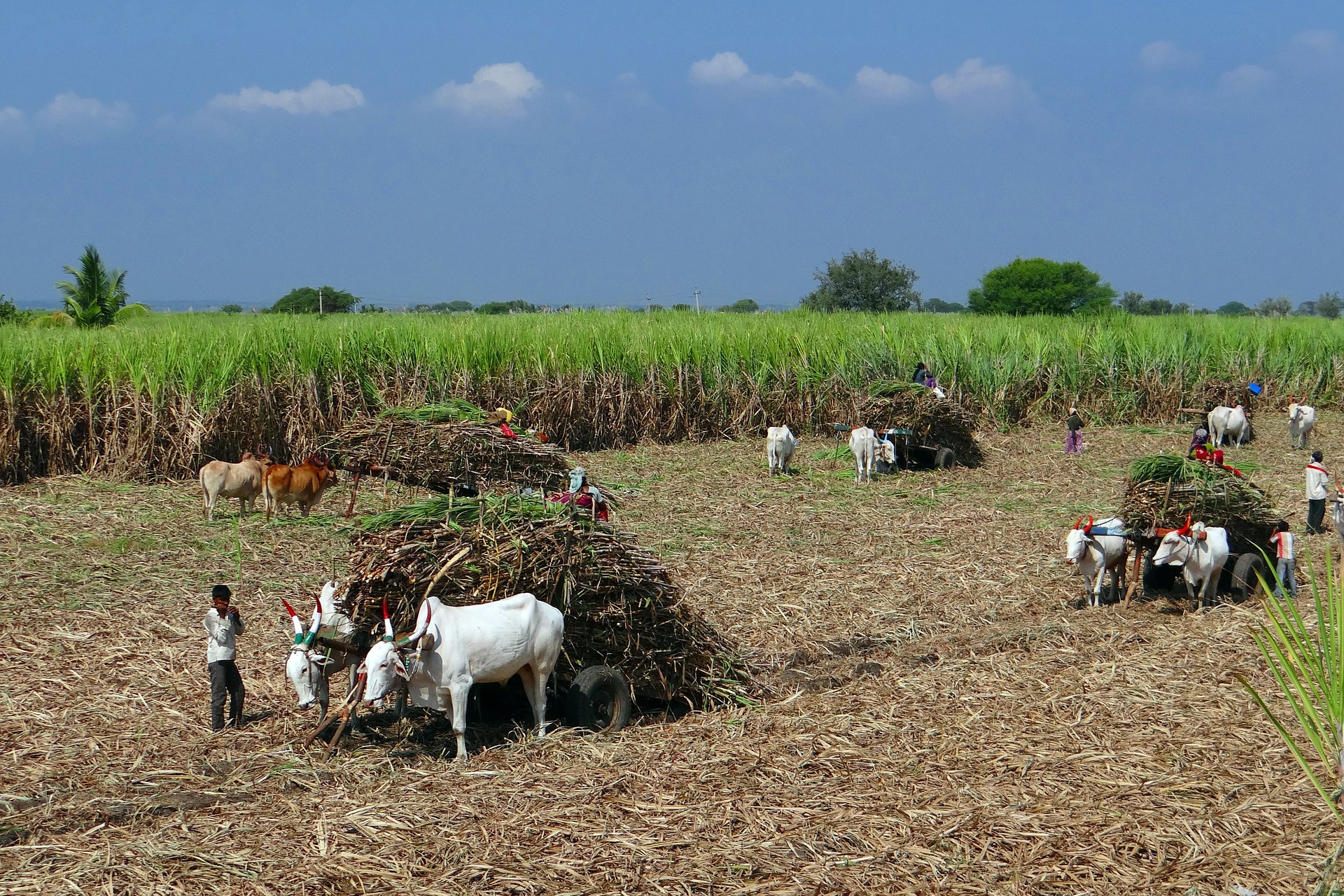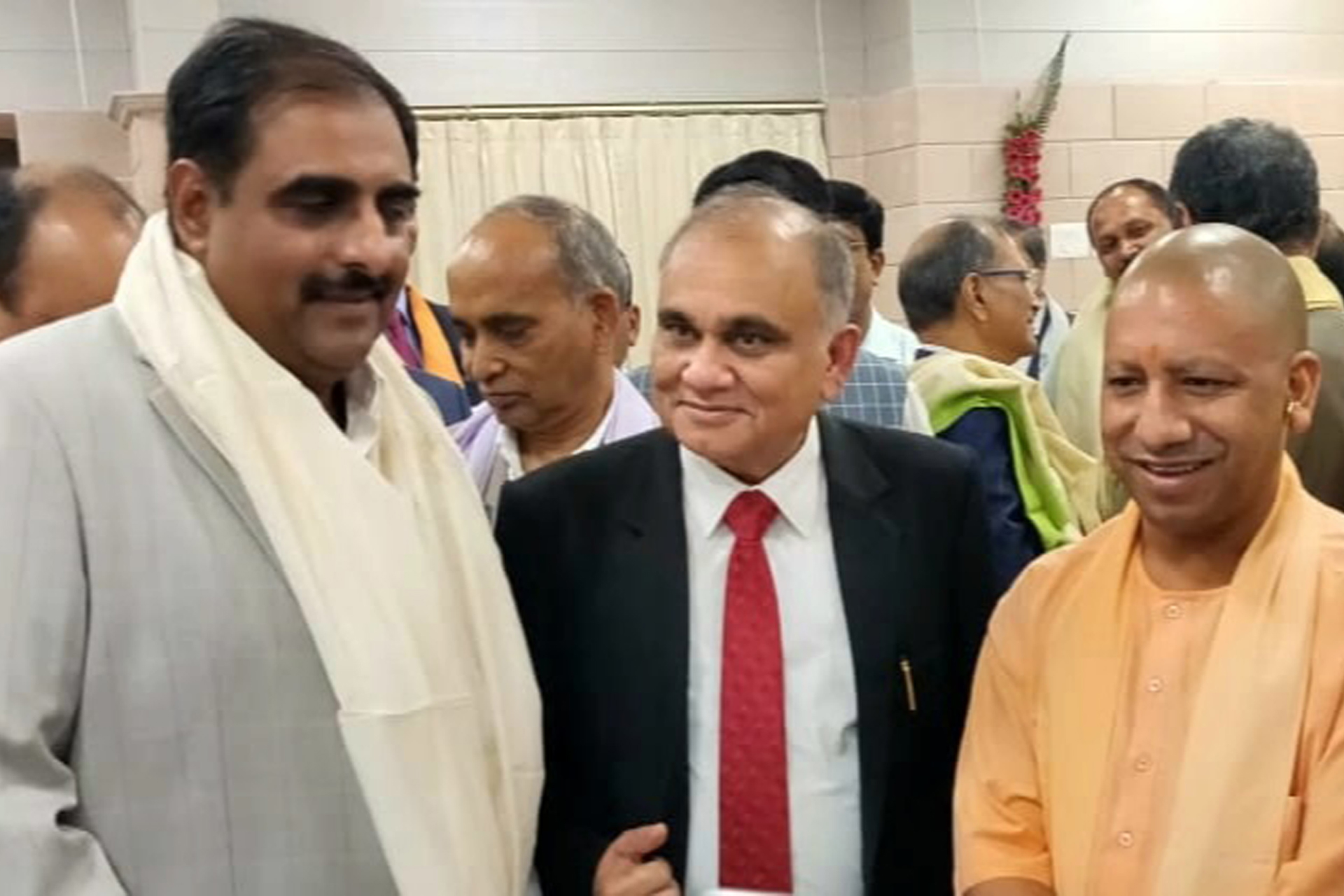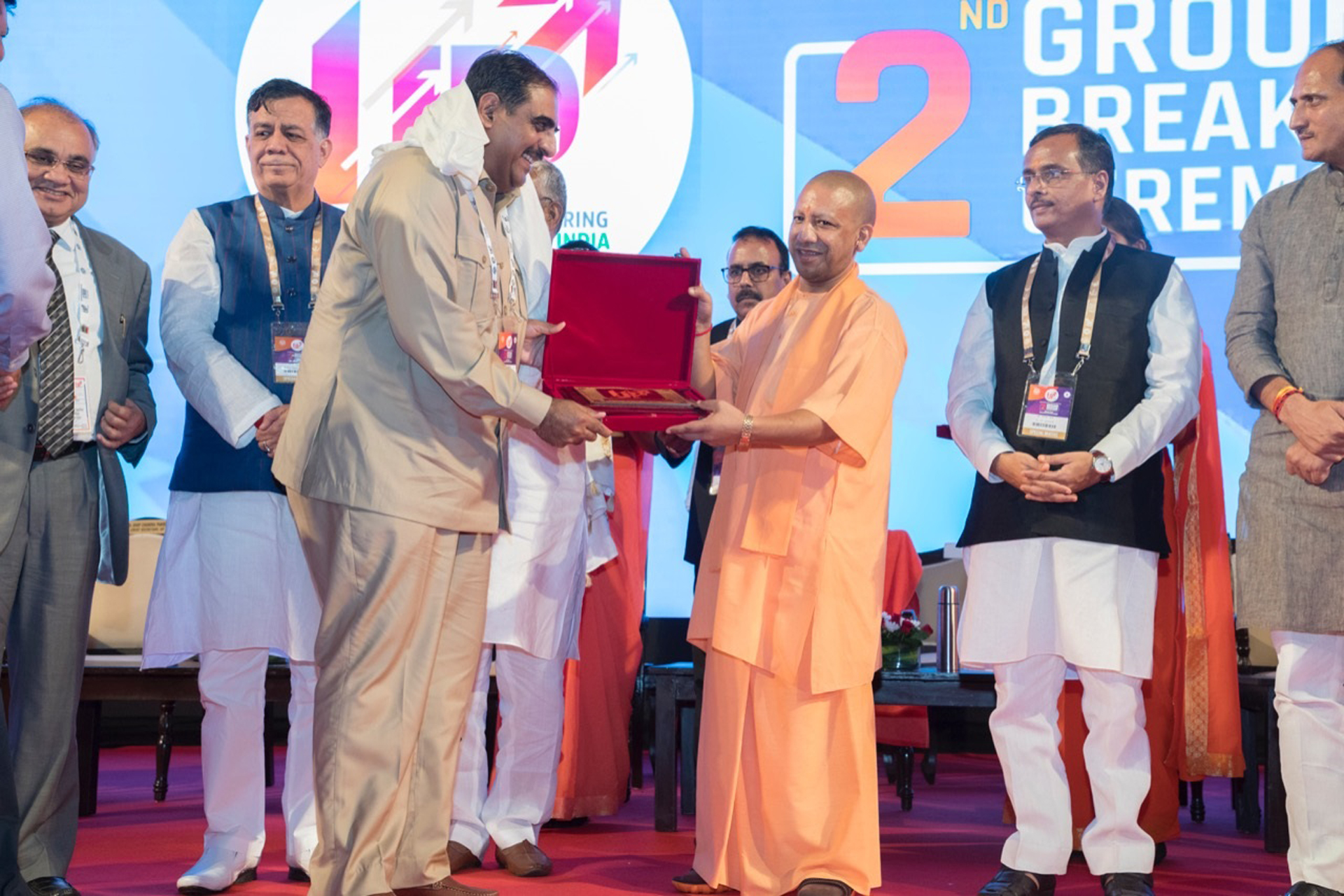The same old problem, most of the time, people living in Delhi have no choice but to breath and fight with foul air. Those people like taxi drivers, rickshaw-walas, commuters and street vendors, who pour into the city from all quarters every day to earn their living, who are exposed the most on the road due to dense smog are at high risk due to inhalation of poisonous air which crosses many times the permissible levels of pollutants. Such essential components in polluted air may include particulate matter (PM), ozone (O3), nitrous oxide (NOx), sulphur dioxide (SO2), carbon monoxide (CO), volatile organic compounds (VOCs) and other heavy metals.
Many researches have revealed that long-term exposure and intake of such environmental pollutants may lead to severe health consequences. According to the media report, a study showed a total number of premature deaths, adults over 30 years in Delhi and Mumbai in 2015, resulted from polluted air are almost 81,000 people, and cost is approximate Rs 70,000 crore, which is about 0.71% of the country’s GDP. It also added that the actual figure of deaths might be higher as collected data was mostly on PM10 other than PM 2.5. The photograph was taken at Central Delhi in the afternoon immediately after the Diwali festival.
Most of foreigners, especially for those who reside in Delhi-NCR, would open an APP on the smartphone before leaving for work every morning in winter and check updated PM2.5 and PM10 AQI recorded by nearby monitoring station. Such a move is mainly to see if they have to wear an anti-pollution mask while going out. Besides, air purifiers have become necessary for being installed indoors such as in our own houses, offices or working premises. To all residents in Delhi, aspiring for clean air is always everyone’s wish and desire.
Producing bioethanol and briquettes from farm waste
Moreover, the remaining residue, lignin, can be further processed to bio-based degradable plastic products (PLA), livestock feeds, bio-composite materials and other bio-byproducts; a fully sustainable production and use of raw materials. Validated technology in the pilot plant can be on-demand scaled-up for mass commercial production. Recently, technology transfer of this kind with a Malaysian private sector, the first wood-to-biofuel plant in Asia, has been made and promoted successfully. Also, an Indian private sector, ShivOm Dayal Energy Ltd., has already signed MoU with Taiwan side for technological cooperation.
As Published In Diplomatic Square – http://www.diplomaticsquare.com/a-prescription-to-fight-pollution-by-utilizing-agricultural-waste/



